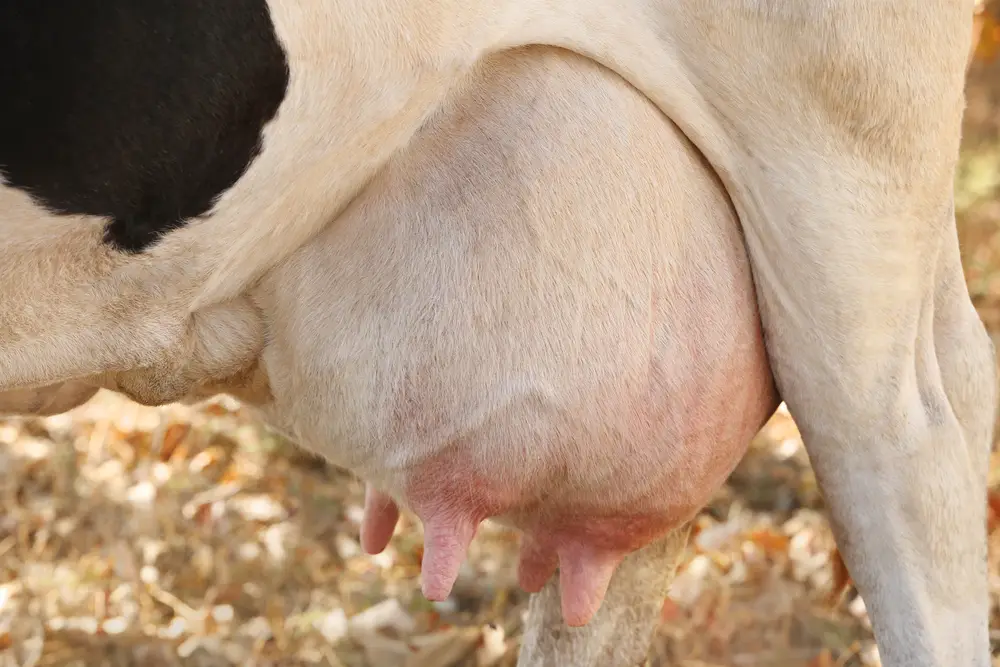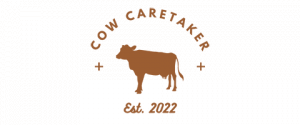A cow needs to be milked to stay healthy, encourage it to produce more milk, and reduce discomfort caused by a full udder. Milking a cow provides direct interaction and a bond between you and your cow which can make her easier to handle.
This article aims to help separate myths from facts.
Table of Contents
Cows Need Milking To Stay Healthy
Milking dairy cows ensures that they stay healthy because a cow will continue to produce milk after her calf is weaned. Cows also enjoy being milked because milking relieves pressure in their udders. Most dairy farmers have reported that a cow will voluntarily go to the milking stand when it’s milking time.
When you’re milking a cow, you’re removing the excess fluid that builds up in her udder. If this fluid isn’t removed regularly, it can lead to infections and other health problems for your cow because of all this extra fluid getting trapped in her body.
So, it’s important to milk your cow regularly enough so that she doesn’t get sick or hurt herself trying to relieve some of this pressure.
Not Milking Cows Can Lead To Problems
When dairy cows aren’t being milked regularly, they can develop mastitis, which is an infection in the udder. Mastitis causes inflammation and can be very painful for the cow. It can also lead to infertility and death if left untreated.

When a cow’s udder is full of milk it causes discomfort and it can be easily bruised. If dairy cattle aren’t getting milked regularly, they will produce less milk and eventually stop producing any milk at all.
If a cow with high milk production such as a Holstein is not milked, they may suffer health issues such an enlarged udder, bruising, infections like mastitis, and death in severe cases.
Cows Are At-Ease While Being Milked
Naturally, the design of a cow’s teat can withstand the vigorous suckling of a newborn calf, so cows naturally relax and feel relieved during the milking process.
When a cow doesn’t have a calf to feed, it will enjoy the milking process because this will release the pressure in its udders caused by milk buildup.
A cow can refuse to be milked due to mental stress, injury, noise, or destruction in the milking parlor, and health problems like mastitis. This will be revealed by kicks and refusal to advance to the milking shed or parlor. If a dairy cow refuses to be milked it’s important to call a veterinary officer to check the animal.
Does A Cow Really Need Milking?
A cow doesn’t need milking if it’s bred for beef purposes. Meanwhile, a dairy cow needs to be milked daily for health reasons and to ensure the cow produces milk after her calf is weaned. If a mother cow was properly managed during the dry period it will produce more than enough milk for its calf.
Naturally, a cow doesn’t always have milk in its udders. The presence of milk is triggered before, during, and after calving (for some period before the lactation period comes to an end, usually 305 days in dairy cows).
Since a calf is introduced to a healthy diet in its early stages of life, it usually won’t need its mother’s milk. This is why cows are milked and the milk is used for human consumption and for the production of dairy products.
FAQS
Will A Cow Be In Pain If Not Milked?
Yes, high milk-producing cows can be in pain if not milked because of swelling of the udder.
Beef cattle on the other hand won’t be in pain if not milked because they produce enough milk for their calves.
Why Do Farmers Milk Cows?
Many farmers milk cows to keep their cows healthy and reduce discomfort and pain caused by milk buildup. Gallons of milk are also needed in the dairy industry in the production of dairy products.
How Often Are Cows Milked?
Most dairy farmers milk their dairy cows twice per day, in the morning and evening. It’s also possible to milk a cow three times daily if it has high milk production. Milking thrice dairy is common in commercial dairy.
Cows that stay will their calves are milked once a day, especially in the morning. This happens because the mother cow and calf are separated in the evening.
